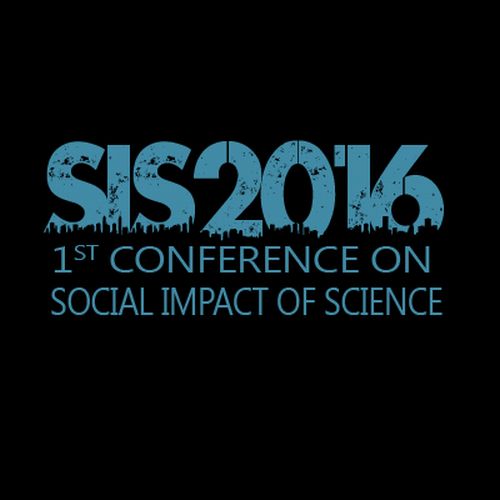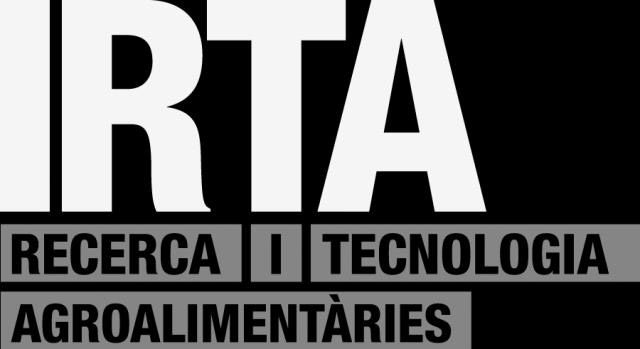What impact does research in animal health have in society?

On Monday 25th July I participated as a speaker at the 1st Conference on Social Impact of Science, held in Barcelona, specifically in the historical building of the University of Barcelona in Plaça Universitat. It is the first time a conference of this kind has been organized and with the participation, direct or indirect, of up to three Nobel Prize awardees. It was a very rewarding experience, because I was invited to the Combat diseases section to discuss the social impact of research in animal health.
And this is a very relevant topic. In the veterinary field we are used to be the “poor cousin” of medicine and biomedicine fields. The media tends to focus on diseases affecting people and rearely on those affecting animals. In fact, the few times veterinary related issues appear on the news is when there is a significant public health component involved, as in the case of zoonoses (diseases transmitted from animals to humans) or when talking about the One health concept (referred to the interconnection between humans, domestic animals, wildlife and environment regarding health and disease). However, research in animal health is essential to ensure progress in the knowledge of animal diseases, as this can improve the welfare of these animals, and ensure the highest quality and safety of meat production, as well as a sustainable livestock production.
Growth projections of human population indicate that, in 2050, over 9 billion people will populate planet earth, and that means that all these people should be fed properly in a sustainable way over time. To achieve this objective, which is a really ambitious one, policies should be designed to ensure the production of both animal and vegetable foodstuffs in a minimum loss, maximum productivity, sustainability and fair trade format. Among these policies it is essential to emphasize the need for research on livestock and agricultural production in general. Moreover, an important effort needs to be directed to improve the knowledge of the general public about agriculture and livestock. There is a very big mental gap between the average citizen and those fundamental professional activities. Citizens must understand what it costs to produce cereals or meat or other products of agricultural origin, and must understand that behind any can of food or a tray of meat there is a lot of work, effort, and multiple professions; an unequivocal commitment to bring the best possible quality of food to our tables.
Nothing is accepted better than what is known. Therefore, we need the society to be aware of agricultural activities. Hence the importance of the divulgation task of the agricultural and livestock sectors to the society, and in our case in relation to animal health, that we are able to do.













